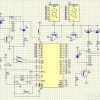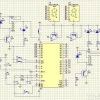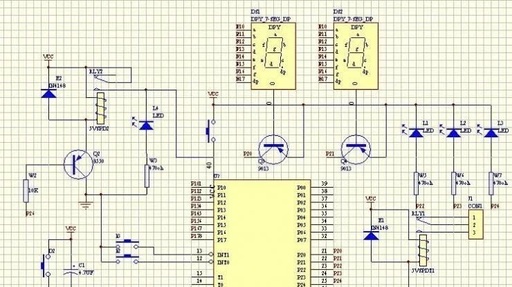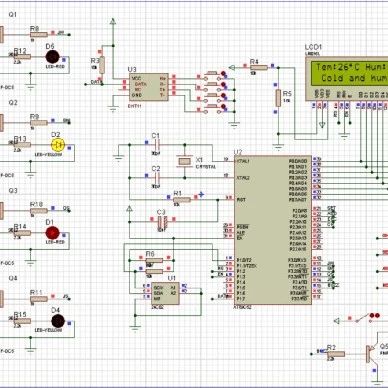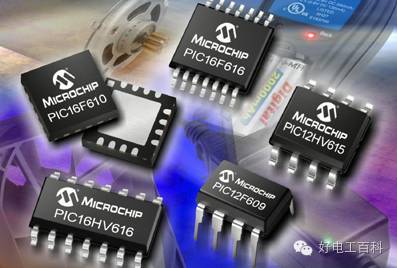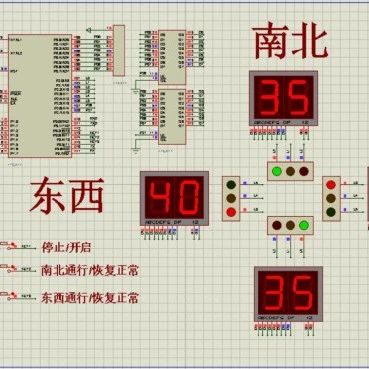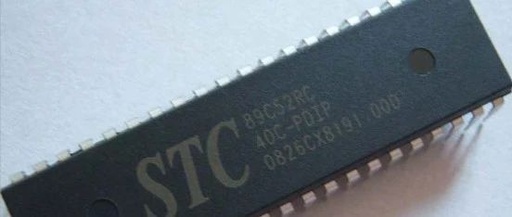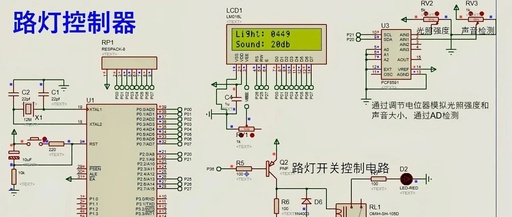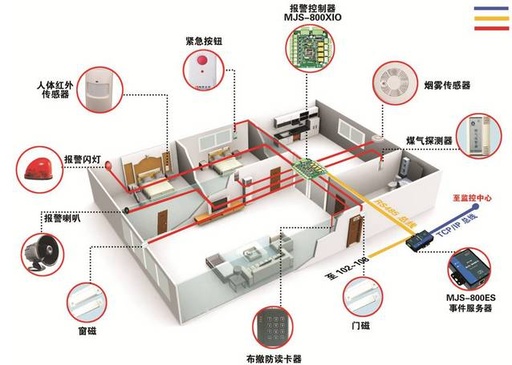Simple Fan Timer Controller Using 51 Microcontroller
1. Design Concept: Initially, power is supplied to the microcontroller via a manual key. The power indicator LED4 lights up, indicating that the microcontroller is running, and Relay 2 works to power the microcontroller. The working time of Relay 2 is set via a button, allowing the system to automatically cut off power. The working … Read more
